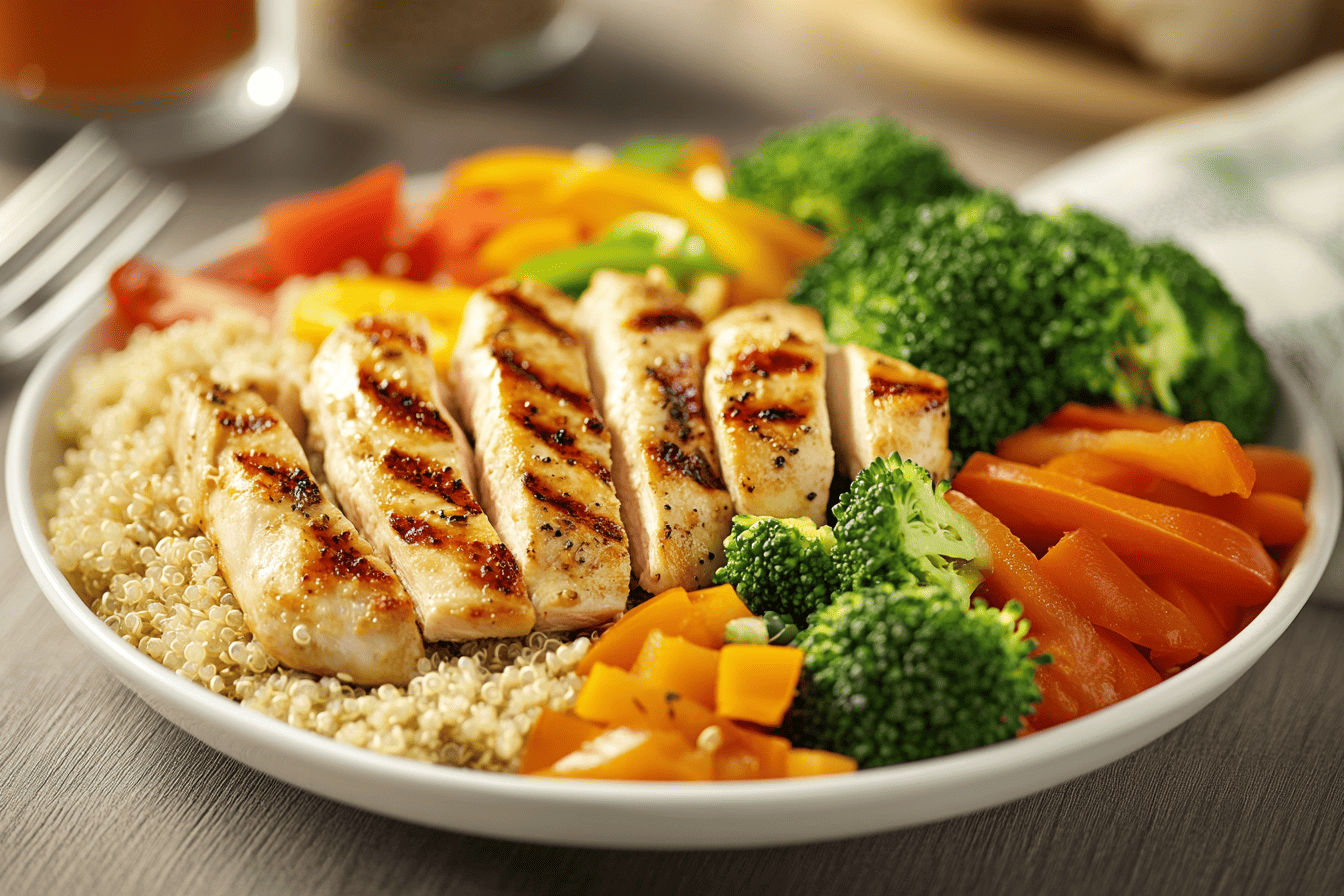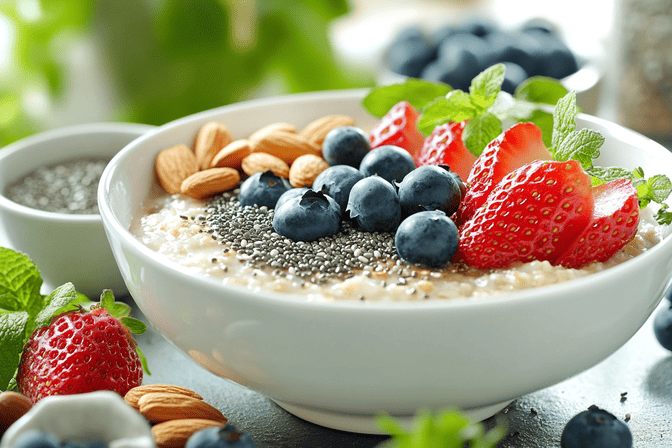A proper diet is one of the key aspects of successful and sustainable weight loss. Rapid weight loss through extreme diets may yield short-term results, but for long-term success and health, it’s essential to follow a balanced and scientifically-backed approach. In this article, we’ll explain how to create a diet that helps you lose weight while maintaining health and energy.
1. Create a Calorie Deficit
To lose weight effectively, it's essential to create a calorie deficit, meaning you consume fewer calories than you burn throughout the day. It’s recommended to reduce your daily calorie intake by 300-500 kcal, which will allow you to lose 0.5–1 kg (1-2 pounds) per week. This is a safe and sustainable pace for weight loss that won't harm your body.
How to Calculate Your Caloric Needs?
- Basic Formula: To calculate your calorie needs, use the Basal Metabolic Rate (BMR) formula:
- For men: BMR = 88.36 + (13.4 × weight in kg) + (4.8 × height in cm) - (5.7 × age in years)
- For women: BMR = 447.6 + (9.2 × weight in kg) + (3.1 × height in cm) - (4.3 × age in years)
- Multiply the result by your activity level (1.2 for sedentary and 1.55 for moderate activity) to determine your total daily calorie needs. To lose weight, reduce this number by 10-20%.
2. Balance Your Macronutrients
In addition to controlling your calorie intake, it’s important to focus on the balance of macronutrients: proteins, fats, and carbohydrates. A balanced approach is recommended as follows:
- Proteins: 25-30% of total caloric intake (approximately 1.5-2 grams of protein per kilogram of body weight). Protein helps maintain muscle mass and boosts metabolism.
- Fats: 20-30% of total caloric intake. Healthy fats from fish, nuts, avocado, and olive oil support hormonal balance.
- Carbohydrates: 40-50%. Choose complex carbs (whole grains, vegetables) that provide long-lasting energy.
3. Eating Schedule
Regular eating helps maintain stable blood sugar levels and prevents overeating. Studies show that eating 4-5 meals a day (3 main meals and 1-2 snacks) is beneficial for weight control.
- Breakfast: People who eat breakfast are better able to control their appetite throughout the day. Include proteins and fiber for satiety.
- Snacks: If more than 4 hours pass between meals, include healthy snacks such as nuts, yogurt, or fruits.
- Dinner: It should be light, focusing on proteins and vegetables.
4. Foods That Promote Weight Loss
Certain foods can help control appetite and boost metabolism, aiding weight loss. Here are a few examples:
- Vegetables and Greens: Low in calories but high in fiber, which aids digestion and promotes fullness.
- Protein-rich Foods: Chicken, fish, eggs, lean meat, and legumes help maintain muscle mass and speed up metabolism.
- Whole Grains: Buckwheat, oats, and quinoa are rich in fiber and complex carbohydrates.
- Healthy Fats: Olive oil, fish oil, and nuts improve nutrient absorption and support hormonal balance.
5. Water – Your Best Friend
Don’t forget to drink enough water. Research shows that drinking 1-2 liters of water a day can boost metabolism by 24-30% over a few hours. Drinking water before meals can also help reduce appetite, contributing to weight loss.
6. Foods to Avoid
Some foods can hinder your weight loss progress:
- Sugar: Sugary drinks, sweets, and pastries can easily lead to overeating and weight gain.
- Refined Carbs: White bread, pastries, and potato chips raise blood sugar levels and contribute to fat storage.
- Alcohol: High in empty calories and can slow down metabolism.
7. Plan Your Meals for the Week
Proper planning helps avoid impulsive snacking and poor food choices.
Example of a Day’s Meal Plan
- Breakfast: Omelet with two eggs and vegetables, whole-grain toast, green tea.
- Snack: Apple and almonds.
- Lunch: Buckwheat with chicken breast, vegetable salad with olive oil.
- Snack: Greek yogurt with berries.
- Dinner: Baked fish with steamed vegetables.
Conclusion
A weight loss diet should be balanced and considered a long-term process. Creating a calorie deficit, consuming balanced macronutrients, and eating regularly will help you not only lose weight but also maintain it in the long run. Don’t forget physical activity and water intake – they are essential elements of your plan.




